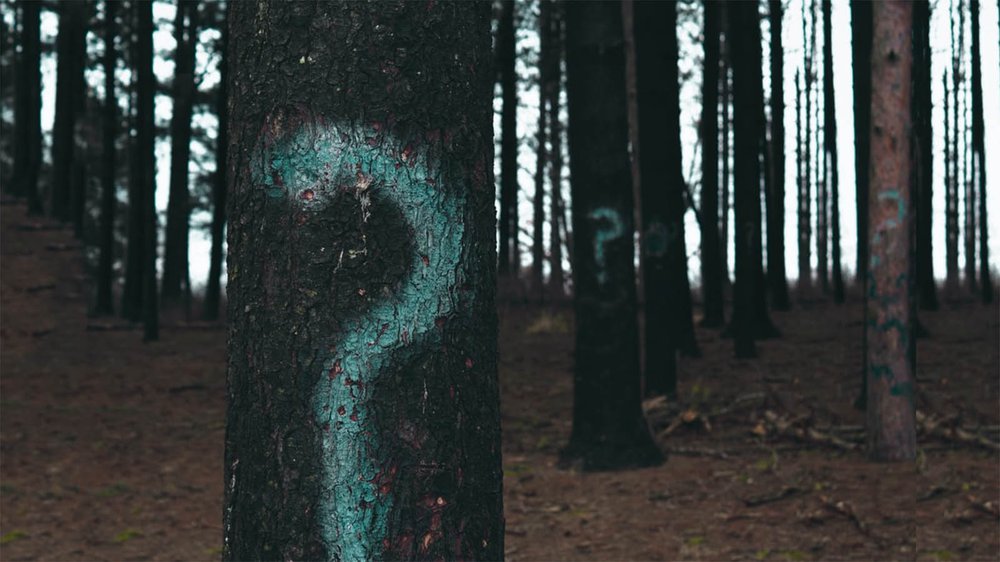Yesterday I was part of a strategy meeting with a Nashville non-profit that provides school-based services. The team includes a mix of working moms and single women who are working as university professors, school counselors, teachers, and non-profit leaders. We reviewed the work in progress and talked about the coming school year. Then I raised the question, “What if school doesn’t start back in the Fall?”
Some of these kind ladies shot arrows at me through the screen. “Oh, it’s going back. We will get back to normal.”
“But right now, we don’t know. If we do go back, class sizes may need to be significantly smaller. We don’t have enough rooms or enough teachers for that,” I continued. “I’m raising the question because we may need to consider a blended approach.”
I don’t think my colleagues were happy with the idea of prolonging the quarantine, especially the mom of several young children. “We are all screen weary,” she said. “I can’t wait until summer so we don’t have to continue with school this way. And kids need in-person connection.”
We continued talking about the social-emotional learning support services provided by this startup non-profit to a small local urban school with 204 students, 93 percent Black and Hispanic, 93 percent economically disadvantaged, and 5 percent homeless. In the first ¾ of the year, there was proven effectiveness. Discipline rates decreased significantly. Students were feeling seen, known, and loved. Teachers were feeling supported. And then everything stopped because of COVID-19.
As we have seen from countless news stories during the pandemic, our most vulnerable students and their families are suffering. They are most at-risk for food shortages, job losses, and lack of connectivity for distance learning. These are the same students who were struggling academically before the quarantine, the ones who were sure to experience a summer slide. What happens now to help them learn and grow? Despite the best efforts of school personnel to provide support, it is difficult to maintain momentum without daily routine and accountability.
Yes, I have more questions than answers. This is the time for us to ask the hard questions, not just fix what appears to be the “obvious” problem - a need for more devices and Wi-Fi. The multi-layered problems of our education system run deep and include lack of funding, fear of technology, and systemic racism.
Meanwhile, it is our children who are going without the guidance of their principal, the smile of their teacher, the camaraderie of their classmates as they try to make sense of learning in our rapidly changing world. How do we maintain positive student-teacher relationships and increase positive childhood experiences (Bethell, 2019) that help strengthen children and families while adhering to CDC Guidelines?
Here are a few suggestions from my colleagues here in Nashville:
- Positive Phone Calls – Principal Matthew Portell of Fall-Hamilton Elementary has been making personal calls to his students and families to check on them.
- Yard Signs that Celebrate Students – Dr. Whitney Kovach, school counselor at McDowell Elementary has been delivering signs to students to let them know they are not forgotten. She has signs in English and Spanish.
- MusiCity Kids – A group of educational content providers in Nashville have joined forces to create a new online kids show for ages 6-12 focused on mental health and wellness. Segments include physical education, financial literacy, science, music, physical and mental health, hand-eye coordination, character education, entrepreneurship, and more.
It’s time to create out-of-the-box solutions that include both virtual and in-person learning and support. We each have a voice. Let’s have the conversations about how we can reshape our children’s educational experience. I’d love to hear your thoughts and ideas. Please email me at tamara@loveinabigworld.org.
About the author

Tamara Fyke is an educator and creative entrepreneur with a passion for kids, families, and urban communities. She is the creator, author, and brand manager for Love In A Big World, which equips K-8 educators with a social-emotional learning (SEL) curriculum that is both research-based and practical, and also provides the supporting resources necessary to empower students to be socially competent, emotionally healthy problem-solvers who discover and maintain a sense of purpose and make a positive difference in the world.
Tamara is editor of Building People: Social & Emotional Learning for Kids, Schools & Communities, a book that brings 12 wide-ranging perspectives on SEL to educators, parents, and leaders. Follow her on Twitter .










